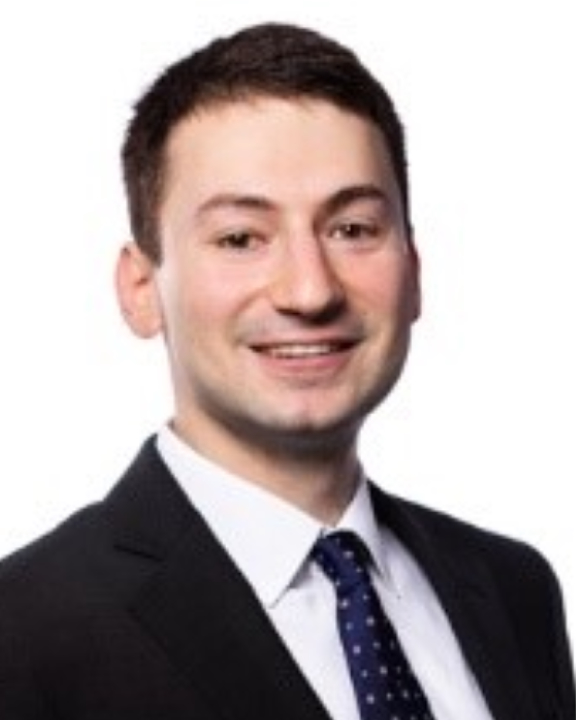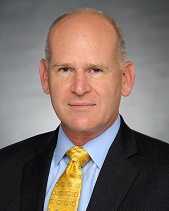One of the main initiatives in New York’s just under $7.5 billion 1115 Medicaid waiver amendment is the formation of 13 regionally based Social Care Networks (SCN) that will be responsible for building, maintaining and strengthening networks of Community-Based Organizations (CBO) to deliver health-related social needs (HRSN) services. The Request for Application (RFA) window to become an SCN lead entity is currently open, and the application deadline was extended from March 27 to April 5, 2024 by 4:00pm ET. The anticipated award date is June 1, 2024, and the state anticipates SCN contracts to be executed on August 1, 2024. Below are considerations for organizations considering an application to become an SCN lead entity.
1) Organizations can leverage SCN lead entity status to improve performance for existing government payer risk pools to position themselves for post-Waiver integration of HRSN dollars into the premium
- HRSN services will be funded through three main buckets:
- $500 million in infrastructure funding for the SCNs
- Just over $3 billion for screening and services for allowable HRSN services, including housing supports, nutrition supports and cooking supplies, case management, and private and public transportation, that will flow from MCOs to SCNs as PMPM payments. The maximum portion of PMPM payments that can be used to cover administrative and operational costs is 15%
- SCNs may earn additional performance-based bonus funding to incentivize the shift toward VBP arrangements
- SCN lead entities have an opportunity to apply the infrastructure they must build to succeed in greater global risk arrangements overall
- Organizations will need to assess gaps in current infrastructure, including CBO networks, MCO contracts, and data and IT platforms, that will need to be closed to prepare for success under broader value-based payment agreements with payers
2. There are lessons from California’s Medicaid Waiver demonstration, CalAIM, which similarly prioritizes HRSN and whole-person care
- Data Sharing and Access
- Challenge: CalAIM has seen difficulty standing up sufficient Health Information Exchange (HIE) systems.
- Opportunity: It will important to start conversations and technical alignment early to establish connection and facilitate bi-directional exchange of data through the Statewide Health Information Network for New York (SHIN-NY); SCNs should identify the Qualified Entity (QE) in their region to establish SHIN-NY connection.
- Member Engagement and Retention
- Challenge: CalAIM has experienced low member retention for HRSN services, minimizing care-gap closure and cost-saving benefits.
- Opportunity: It will be critical to ensure adequate and well-organized outreach, engagement and screening of potentially eligible Medicaid beneficiaries in the community or at point of care. Multiple types of organizations can provide screening and services within an SCN network; CBO participation is emphasized for New York.
- Provider/CBO Engagement and Alignment
- Challenge: CalAIM’s broad and evolving initiatives can be difficult for smaller and/or less mature provider groups and CBOs to track and engage.
- Opportunity: SCN lead entities should put tools in place with expert technical advisory available to proactively assess, educate and train providers and CBOs, including supporting operational redesign in some cases, to ensure readiness, buy-in, and performance.
- Cross-Plan Collaboration and Standardization
- Challenge: CalAIM maintained varying health plan requirements, requiring providers/ CBOs to navigate many workflows and templates, inhibiting streamlined HRSN services.
- Opportunity: It will be important for SCN lead entities to begin conversations with MCOs on a regional basis as early as possible to facilitate data flows and operational processes that can ensure seamless payments to CBOs providing HRSN services as well as enable timely required reporting.
If you are interested in learning more about the waiver or how your organization can participate, please reach out to Allen Miller at amiller@copehealthsolutions.com or 310-386-5812 or Steven Hefter at shefter@copehealthsolutions.com or 213-660-6081. We are excited to meet with you and learn how CHS can help your organization succeed in value based payment for Medicare, Medicaid or commercial lines of business.

